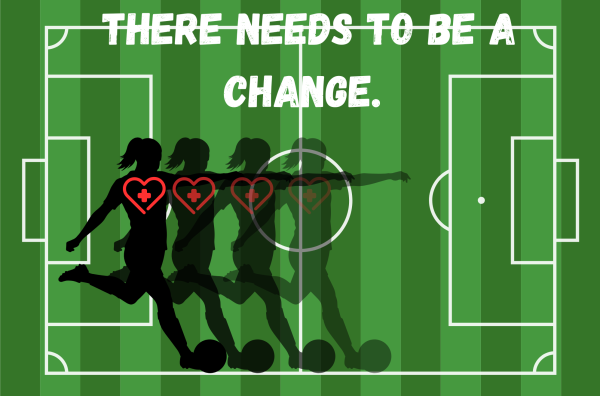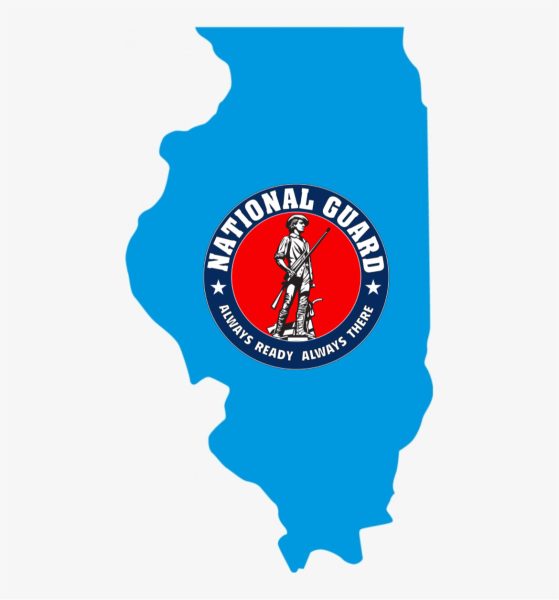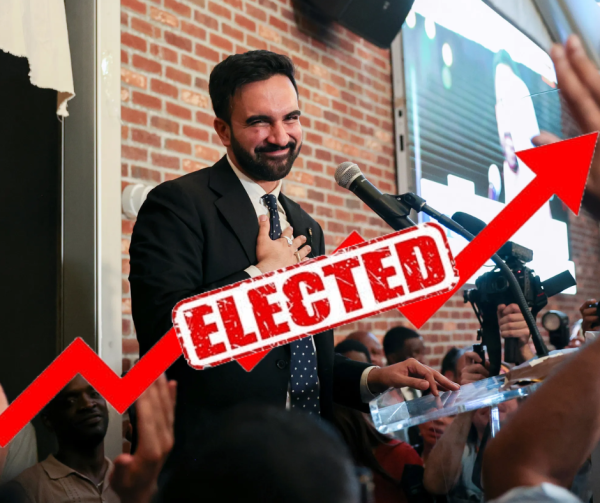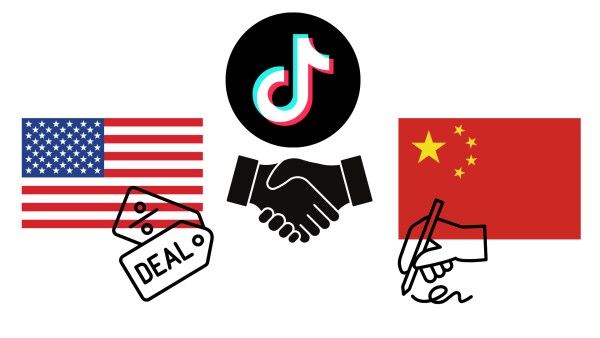World Health Organization ends Covid-19 public health emergency
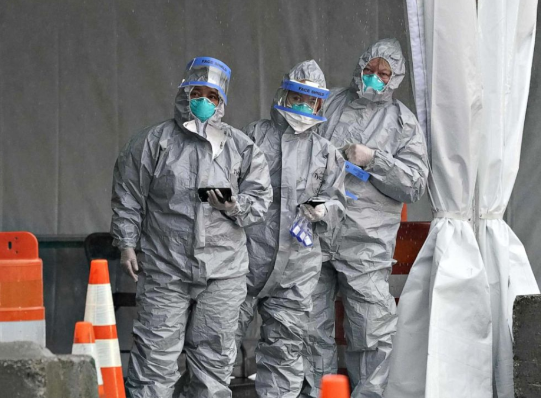
The World Health Organization’s decision to end the Covid-19 state of public emergency will bring about several key socioeconomic changes.
On May 5, the World Health Organization officially declared that by scientific standards, the Covid-19 pandemic is no longer considered a global health emergency.
After the infamously deadly virus infected over 750 million individuals across the globe and killed nearly seven million more over the course of a three-year period, WHO’s International Health Regulations Emergency Committee convened on May 4 to discuss whether the public health guidelines that had been implemented to mitigate the spread of the virus should cease to exist. After consulting the advice of the organization, WHO Director-General Tedros Ghebreyesus made the decision to acknowledge that despite the fact that the pandemic has likely established a permanent presence on the global stage, its declining impact no longer constitutes a public health emergency.
“For more than a year, the pandemic has been on a downward trend,” Ghebreyesus said. “The trend has allowed most countries to return to life as we knew it before Covid-19.”
As a result of this declaration, the World Health Organization will no longer be granted authority to enforce national Covid-19 policies, which means civilians nationwide can expect to see a wave of impending legislative changes. Among the most significant of these targets are vaccines and testing, which have previously been offered to the American public free of cost as the federal government vigorously sought to contain the growing spread of the disease. As Medicare coverage, which once covered payment for over-the-counter Covid-19 tests, will no longer hold effect, those seeking to obtain Covid-19 tests or treatments must now consult their doctor, be approved for a prescription and pay to purchase it. However, according to the White House, all individuals can continue to order tests for free until the end of May 2023 and those without medical insurance will still be able to obtain Covid vaccines without charge through Dec. 2024.
“Allowing the uninsured to access the vaccines at no charge is important but so is educating them about the program,” senior vice president of Kaiser Family Foundation Jen Gates said.
Another major change set to be implemented concerns Covid-19 data tracking, which will gradually begin to be scaled back as global cases continue to decline. Tracking efforts will be reduced from current daily reporting to a weekly basis and labs will no longer be required to report data as the practice has no longer been deemed to be a necessary public health measure. However, the Centers for Disease Control will continue to have access to data currently collected for other respiratory illnesses, which will remain available at the county level as a primary data source to indicate the number of severe Covid-19 cases populating these regions.
“The end of the public health emergency means CDC will have less authority to collect certain types of public health data,” CDC principal deputy Dr. Nirav Shah said. “That means less data will be available to us.”
Various medical practices that had been observed uniquely during the public health emergency period will also come to an end, including Medicare and Medicaid waivers. To ensure welfare protection, Medicaid will continue to cover Covid-19 vaccinations and treatments without cost-sharing through Sept 30, 2024. Although many of these waivers were once needed to expand hospital capacities and alleviate the burden imposed upon the healthcare system, they are no longer deemed to be necessary due to the considerable reduction in cases. In fact, since January 21, 2021, Covid-19 deaths sharply declined by 95 percent and hospitalizations decreased by nearly 91 percent.
Additionally, even as the non-mandatory use of face masks in public spaces has caused the practice to decline among the general population, medical professionals recommend that people continue to wear them in healthcare settings, where civilians with weaker immune systems are considered to be more susceptible to becoming infected.
“It is important for health systems to do whatever they can to prevent transmission of Covid-19, including having workers wear a mask during patient interactions,” infectious disease epidemiologist Syra Madad said. “Especially among our most vulnerable patients, sometimes it is hard to know who is most vulnerable and immunocompromised.”
Although the Covid-19 pandemic is no longer considered to be a public health emergency, the presence of the virus itself has not disappeared. The most significantly impacted have been the immuno-compromised, who continue to remain at risk of contracting the most severe symptoms attributed to the disease, such as shortness of breath, nausea or vomiting and persistent chest pressure or pain. Since its inception, the virus has continued to genetically mutate in the form of new variants, often becoming more lethal in the process.
Niles North Biology teacher Ashlee Miller-Berry believes the disease will continue to pose a considerable risk to the general public, especially during the winter season, despite the elimination of the public health measures that sought to contain its spread during its early phase.
“I think, like any flu, [Covid-19] poses a health risk to the population,” Miller-Berry said. “Every winter, we go through flu season and people die from the flu. That’s been around for a really long time, so I think you’re always going to have times in which it’s gonna be higher and it’s gonna be a big risk, especially at winter time when everybody is forced inside and in closer quarters. That winter time is always going to be a lot more dangerous in terms of sickness than any other time.”
However, as the world seeks to adjust to the onset of a post-pandemic world, the practicality of long-instilled medical practices, such as wearing a mask, has been brought into question. Nevertheless, Miller-Berry acknowledges that those who continue to adhere to such guidelines when infected will help ensure a smoother transition to a world in which the general public can feel protected in spite of the virus’ enduring presence.
“I think the timing [of the declaration] is fine, though I wish that our social response was slightly different in terms of vaccination numbers,” Miller-Berry said. “In lots of other countries and cultures, it’s very common that when you’re sick, you wear a mask, which thankfully, around here, a lot of people do when they’re sick. I think that’s a good social policy to have. That if you’re sick, you wear a mask to protect other people from getting sick. But I don’t disagree that this was a good time to end the state of emergency.”
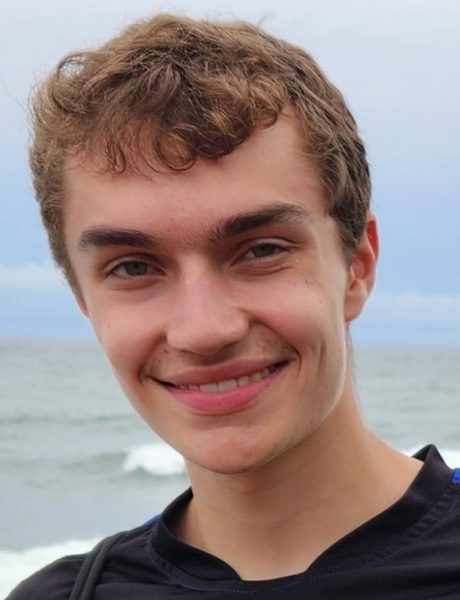
Aiden is a senior who serves as the Editor-in-Chief and News Editor of North Star News. Since first joining the staff during his freshman year, he has...




